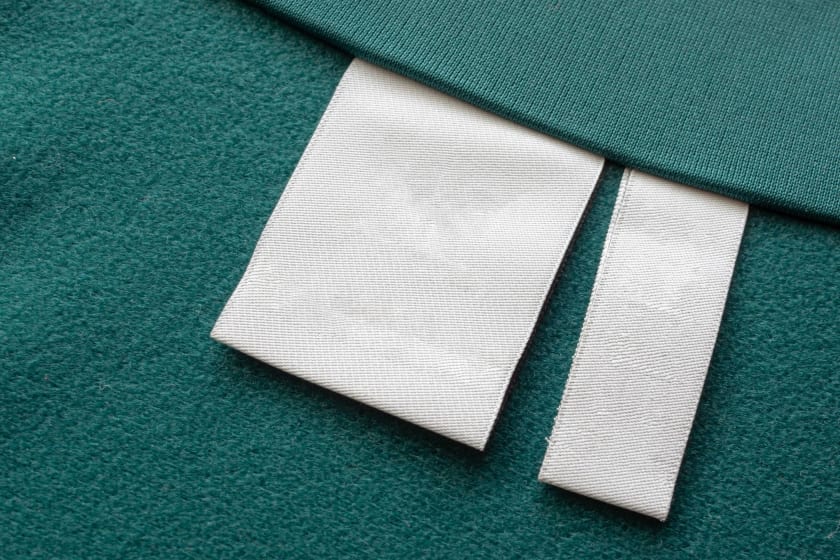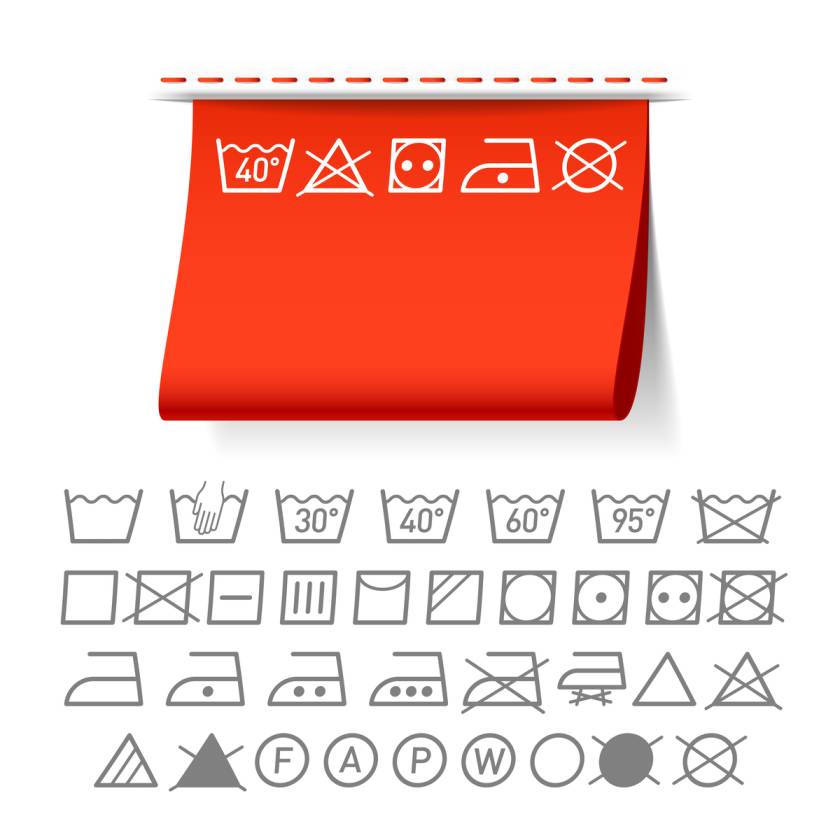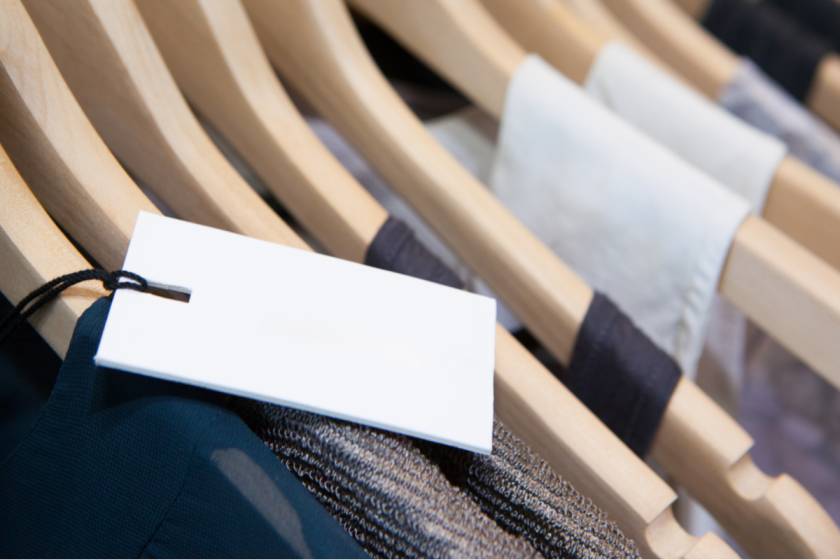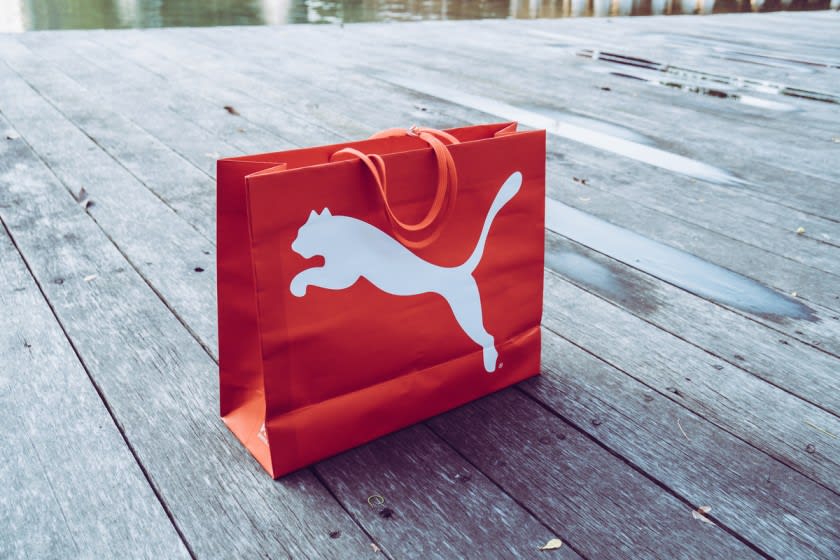Why Are Clothing Labels So Important In The Apparel Industry?



Introduction
Young designers today may be focused on the shape or size of a dress, and may not think so much about how to make a clothing label. However, clothing labels are an integral part of a fashion item. They give important information about the product. They also communicate the details of the fabric. Today's consumers are increasingly leaning towards environmentally-friendly or conscious products, so a label is an integral part to showcase the components of the fabric.
Consumers do not want to buy plastic polyester or nylon; they have real ethical choices about which cloth to buy. Plastic product-based material is not ideal for the environment, and these materials are made of non-renewable resources that take up lots of energy and are non-biodegradable.
A surprising fact about clothing brands is that 60% of the new clothes end up in the landfill within 12 months every year, while another third of the material in the supply chain ends up in the dump before reaching the clothing rack. A good clothing company should be honest with consumers about the material used in the garment, and help them choose the right type of clothing. They can do this by ensuring they have accurate labels.
Types of clothing labels

There are six popular types of clothing labels found on a garment. These are brand labels, size labels, care labels, flag labels, manufacturer codes, and special labels. Each label has some purpose and information about the garment. It must display information on lab paperwork, equipment, specimens and testing tools. These labels represent a heavy chunk of details selected by each lab. Most of the time, the label is also used to track information on a particular piece of clothing through a unique number that relates to some demographic information.
- Brand label - The brand label of a company helps to sell clothes. It plays an important role because customers trust the brand and only then buy from them. A brand is identified with product durability, longevity, aesthetic appeal, and so on.
- Size label - The size label defines a specific measurement of the human body. Size labels are printed to denote specific sizes like S for small, M for medium, and L for large. A customer knows well which size is best for them. This is a very crucial label on any piece of clothing, as without it, the item becomes useless.
- Care labels - This label includes wash care and ironing instruments. Care details are attached on the side seam. The purpose of this label is to ensure that the garment gets the care it deserves, to preserve its shape and form. Some labels may have care instructions on washing, drying and ironing to maintain color. Some labels even give warnings about color bleed and shrinkage issues.
- Flag label - Flag labels are attached outside the side seam. A flag label is a logo that is used for primary designs. These labels help garments stand out from the rest, and help build brand recognition.
- Manufacturer label - This label includes the manufacturer code for distributing garments worldwide. This label helps to track the garments.
- Special label - 100% cotton or 100% polyester are examples of a special label. Special labels attract customers while purchasing the product.
Does clothing really require a label?
Yes, an article of clothing requires a brand to make a clothing label because it promotes identity and gives customers the best information about a garment and its care. Clothing labels are so important that consumer protection in the USA, UK, Australia, and other countries have stringent care labeling requirements. In addition, certain independent organizations such as the International Organization for Standardization (ISO) have their own labels for various products. Labeling helps you to hone the efficiency of your organization. The labeling solves your business problems and helps you to meet desired expectations and standards.
Benefits of labels in clothing

- Provide sole identity to a brand - A clothing label helps identify creators from the various brands in the industry. Most importantly, it serves to differentiate the company from the rest.
- Gives customers important information - The label consists of essential information details that include the name, tagline of the manufacturer, the washing instructions, etc. For example, clothes with the term "delicate" written on the label may need different care while washing. It helps to put this on the label so that customers are aware of this right from the start.
- Helps the company to stand out from competition - In the current scenario, being neck-to-neck with competitors is tough. One of the ways to stand out in the crowd is through string branding and labeling. It also reinforces brand copyrights.
- Ensures longevity with accurate care instructions: Labels give correct information on how the clothes should be cared for. This is very useful for customers. Ultimately, customers want to invest in products that last. So, if you help them do this by putting accurate instructions on a label, they are more likely to purchase from you in the future.
- Display your brand - Well-made labels do not fade easily after a wash, and your brand tag stays on throughout the life of the garment. This strengthens brand recall.
Conclusion
Fashinza connects various brands to leading clothing manufacturers. We help fashion brands deliver the best products to their customers on time from the design to delivery stage. We work in four steps:
- Design and fabric
- Costing and sampling
- Maintaining transparency and a stringent quality check
- A safe and quick delivery process
We work hard to maintain the supply chain of the global market by establishing sustainability with technological developments. To know more, contact us today!



















